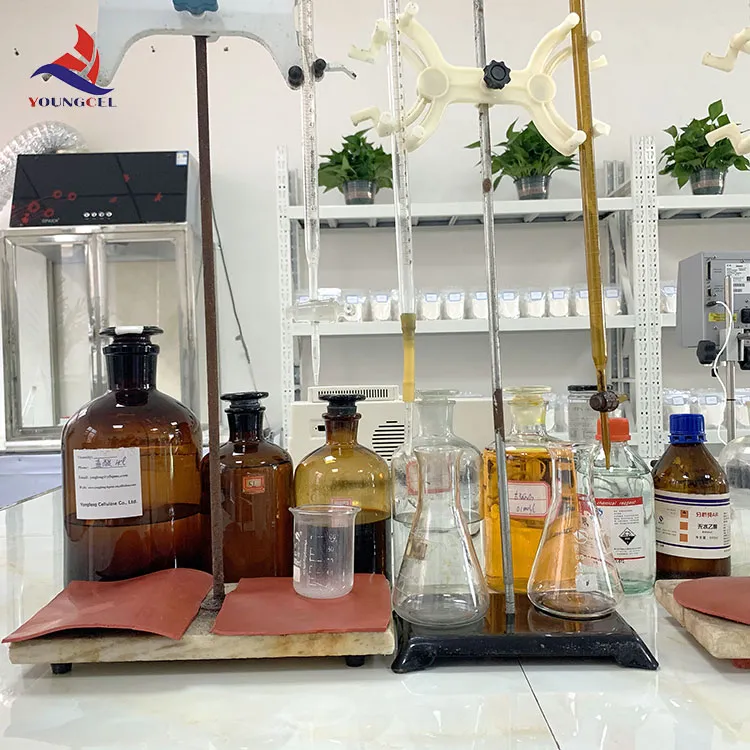The Versatility of Hydroxypropyl Methyl Cellulose (HPMC)
Hydroxypropyl Methyl Cellulose (HPMC) is a cellulose derivative widely utilized in various industries due to its remarkable properties and versatility. As a non-ionic, water-soluble polymer, it has gained significant traction in fields such as pharmaceuticals, food production, cosmetics, and construction.
The Versatility of Hydroxypropyl Methyl Cellulose (HPMC)
The food industry also benefits from HPMC, as it serves multiple functions such as a food additive, thickener, and stabilizer. In many processed foods, HPMC contributes to improving texture, enhancing mouthfeel, and maintaining product consistency. It is a popular ingredient in gluten-free formulations, contributing to the elasticity and structure of baked goods without the traditional use of gluten. Moreover, HPMC is utilized as a fat replacer in certain lower-calorie products, helping to improve the texture while reducing overall caloric content.
hydroxypropyl methyl cellulose(hpmc)

In cosmetics and personal care products, HPMC acts as a binder, emulsifier, and film-forming agent. Its ability to create a smooth, uniform texture makes it an essential ingredient in creams, lotions, and gels. Furthermore, it is effective in stabilizing emulsions, preventing the separation of oil and water phases in cosmetic formulations, which ensures product integrity and performance.
The construction industry has also turned to HPMC for its beneficial properties. It serves as a crucial additive in cement-based products such as tile adhesives, joint compounds, and mortars. HPMC enhances workability by improving the spreadability and adhesion of the materials. Additionally, it helps in retaining water, which is vital for the curing process, ensuring that the final product achieves optimal strength and durability. The versatility of HPMC in construction applications reflects its significance in modern building practices.
One of the major advantages of HPMC is its compatibility with a wide range of substances, including ionic compounds, which allows it to be used in various formulations without compromising their stability. HPMC is also known for its non-toxic and biodegradable characteristics, making it an environmentally friendly choice compared to other synthetic polymers.
In conclusion, Hydroxypropyl Methyl Cellulose (HPMC) is an incredibly versatile compound with extensive applications in various industries. From pharmaceuticals to food and cosmetics to construction, its unique properties make it an invaluable ingredient for enhancing product performance and sustainability. As research and development continue to explore new applications for HPMC, its significance is expected to grow, further cementing its position as a vital component in modern formulations across diverse sectors.
-
Rdp Powder: Key Considerations for Wholesalers in the Building Materials IndustryNewsJul.08,2025
-
Key Considerations for Wholesalers: Navigating the World of Hpmc - Based ProductsNewsJul.08,2025
-
Hpmc Detergent: Key Considerations for WholesalersNewsJul.08,2025
-
Key Considerations for Wholesalers: China Hpmc For Tile Adhesive, Coating Additives, Concrete Additives, and MoreNewsJul.08,2025
-
Crucial Considerations for Wholesalers: Navigating the World of Construction MaterialsNewsJul.08,2025
-
Key Considerations for Wholesalers Sourcing Additive For Cement, Additive For Concrete, Additive For Putty from Additive Manufacturer Shijiazhuang Gaocheng District Yongfeng Cellulose Co., Ltd.NewsJul.08,2025




